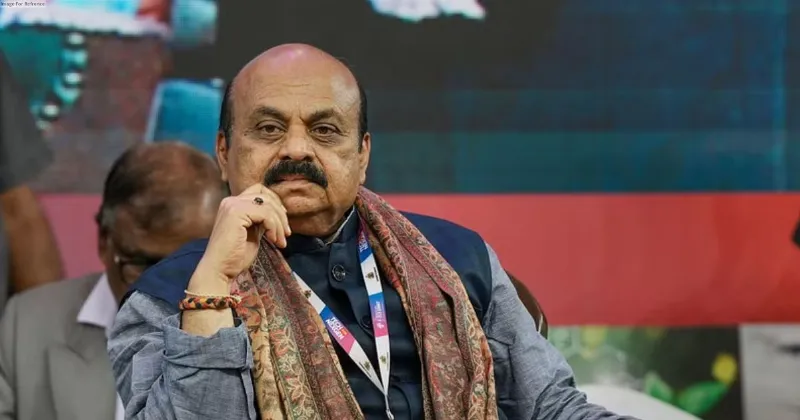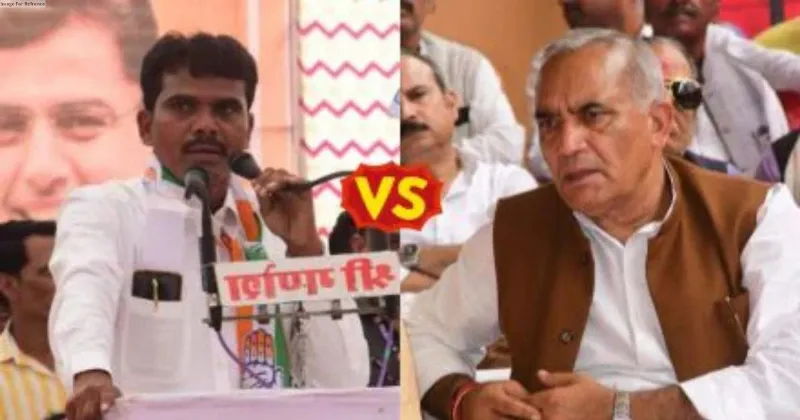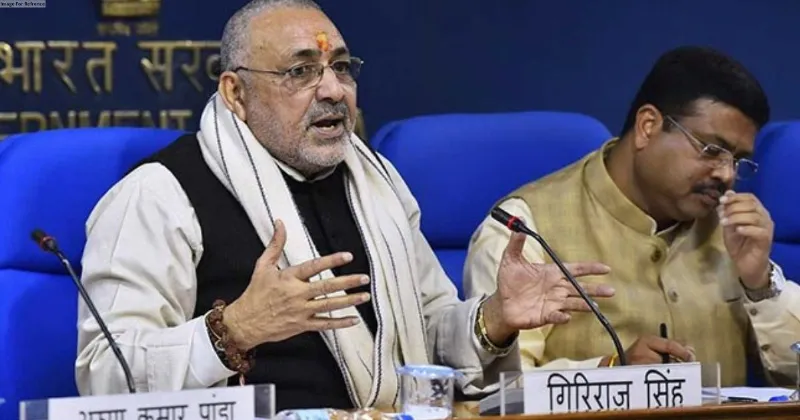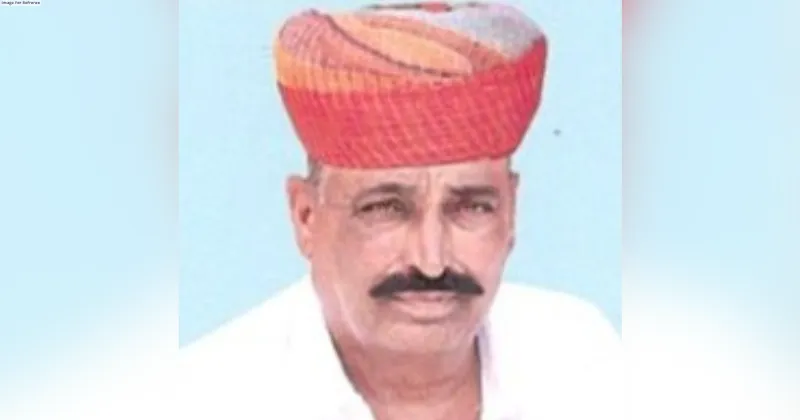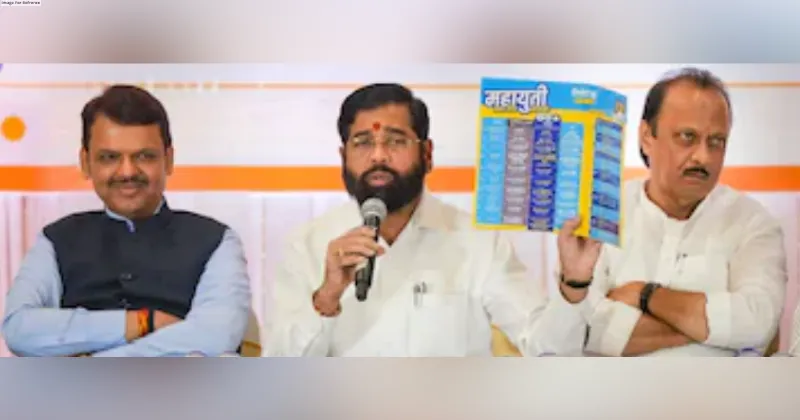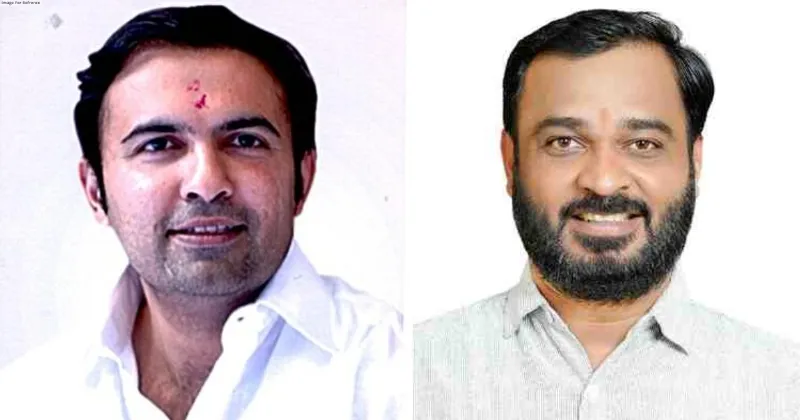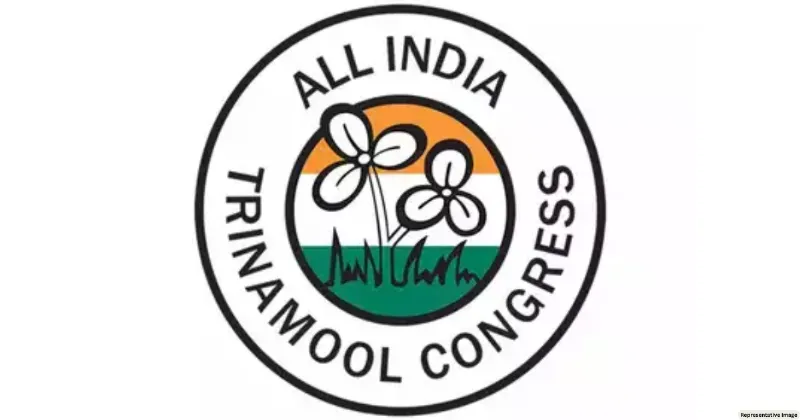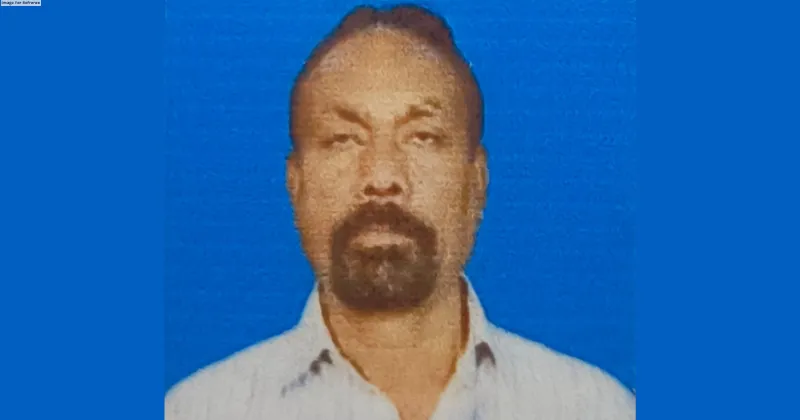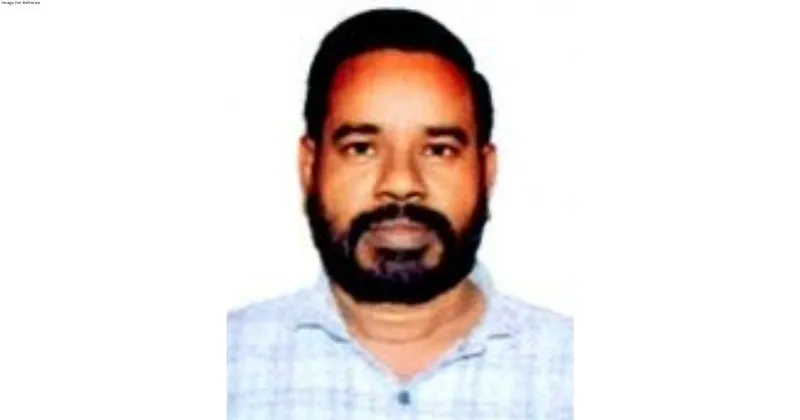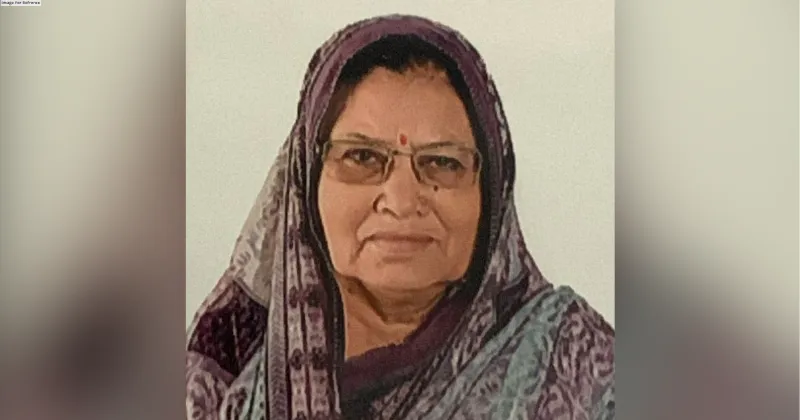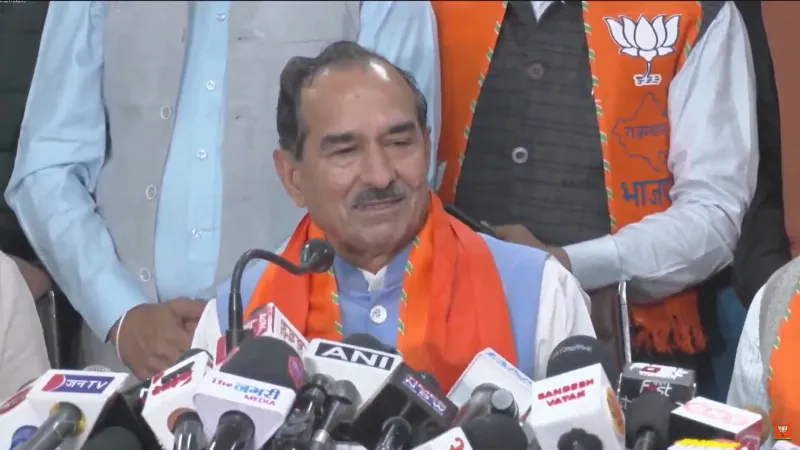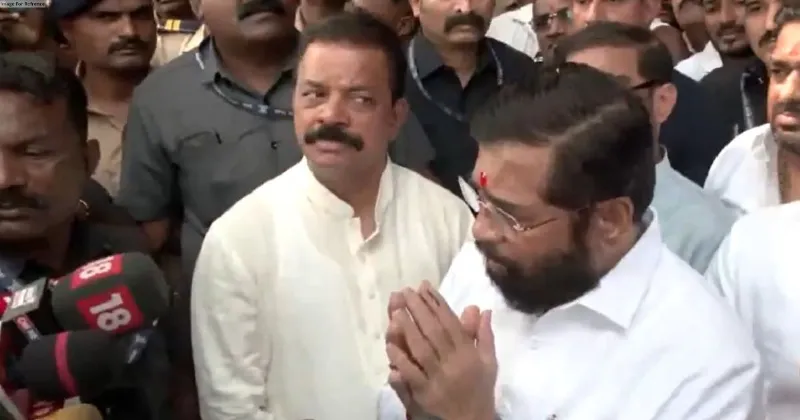Latest News
"Till end, he was committed to farmers' welfare...," says MS Swaminathan's daughter
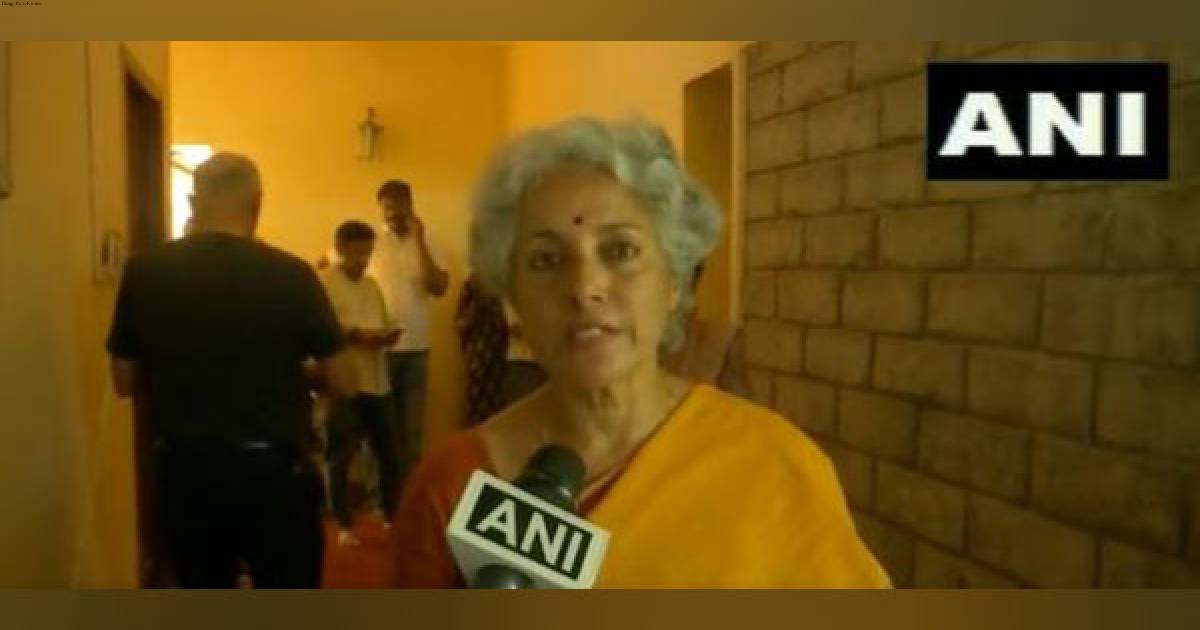
Chennai: Agricultural scientist MS Swaminathan who passed away on Thursday in Chennai was till the very end committed to the welfare of farmers and to the upliftment of the poorest in society, according to his daughter Soumya Swaminathan.
"He was not keeping well for the last few days. His end came very peacefully this morning. Till the end, he was committed to the farmers' welfare and to the upliftment of the poorest in society," Dr Soumya Swaminathan, former Deputy Director General at the World Health Organization told ANI.
Swaminathan, renowned for his pioneering role in India's "Green Revolution," passed away at the age of 98 at his residence here following age-related issues
Apart from Sowmya, the legendary agricultural scientist is survived by two more daughters- Madhura Swaminathan who is a professor at the Indian Statistical Institute, Bangalore and Nitya Rao who is director at the NISD at UK's University of East Anglia. His wife Mina Swaminathan passed away last year in March.
"On behalf of the family, I would like to thank everyone who has expressed their wishes... I hope that the three of us daughters will continue the legacy that my father and my mother, Mina Swaminathan, have shown us," Sowmya Swaminathan said.
Soumya further added that her father was one of the few people who recognized that women are neglected in agriculture. He had taken a lot of initiatives to promote women's empowerment, she said.
"His ideas have led to programs like the Mahila Sashaktikaran Yojana, meant to support women farmers. When he was a member of the Sixth Planning Commission, for the first time, there was a chapter on gender and environment included... These are the two contributions of which he was very proud," Sowmya Swaminathan said.
Prime Minister Narendra Modi in a condolence message recalled his interactions with the "powerhouse of innovation" who served as a "nurturing mentor to many."
"Deeply saddened by the demise of Dr MS Swaminathan Ji. At a very critical period in our nation’s history, his groundbreaking work in agriculture transformed the lives of millions and ensured food security for our nation" the Prime Minister said in a post on X.
"Beyond his revolutionary contributions to agriculture, Dr. Swaminathan was a powerhouse of innovation and a nurturing mentor to many. His unwavering commitment to research and mentorship has left an indelible mark on countless scientists and innovators" Prime Minister Modi said.
Born on August 7, 1925, in Kumbakonam, Tamil Nadu, Mankombu Sambasivan Swaminathan, fondly known as MS Swaminathan, leaves behind a legacy that has forever altered the landscape of Indian agriculture and global food security.
Swaminathan's lifelong journey into the world of agriculture and genetics was profoundly influenced by a pivotal moment during the Bengal famine of 1943, which witnessed the loss of countless lives due to the acute shortage of rice.
This humanitarian crisis deeply moved the young Swaminathan, igniting his passion for agricultural research and his commitment to ending hunger.
His personal motivation led him to pursue education at prestigious institutions such as the Madras Agricultural College and the Indian Agricultural Research Institute.
Armed with knowledge and unwavering dedication, Swaminathan embarked on a mission to develop high-yielding varieties of wheat and rice, capable of thriving in India's diverse agricultural conditions.
His ground-breaking work paved the way for what would become the "Green Revolution" in India—an agricultural transformation that significantly increased crop yields and ensured food security for millions.
His tireless commitment to addressing global agricultural and environmental challenges earned him a place among the "Time 20," Time magazine's list of the most influential Asians of the 20th century.
Swaminathan's contributions earned him numerous awards and honours, including the Ramon Magsaysay Award for Community Leadership, the Albert Einstein World Science Award, and the prestigious First World Food Prize.
He was also the recipient of Padma Shri, Padma Bhushan, and Padma Vibhushan, among many other accolades. His vast knowledge and leadership earned him fellowships in prestigious scientific academies around the world, including the Royal Society of London and the US National Academy of Sciences.

